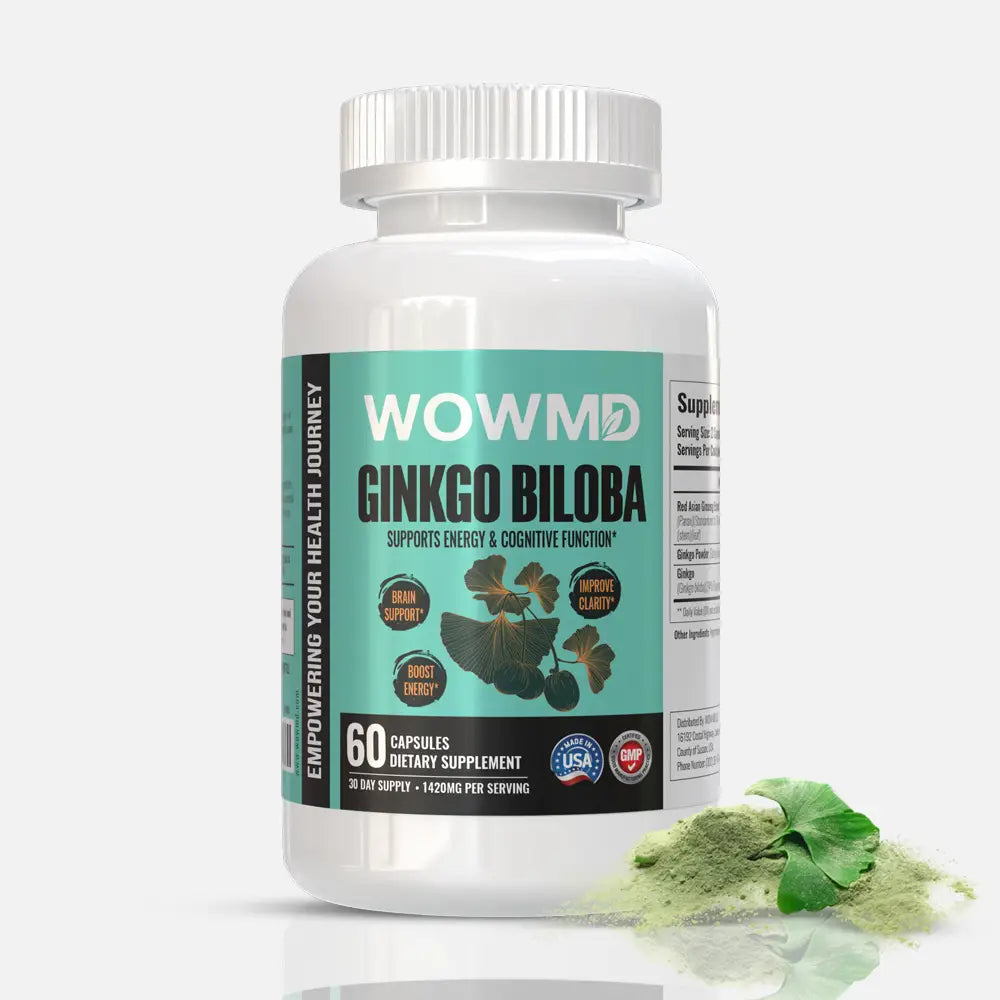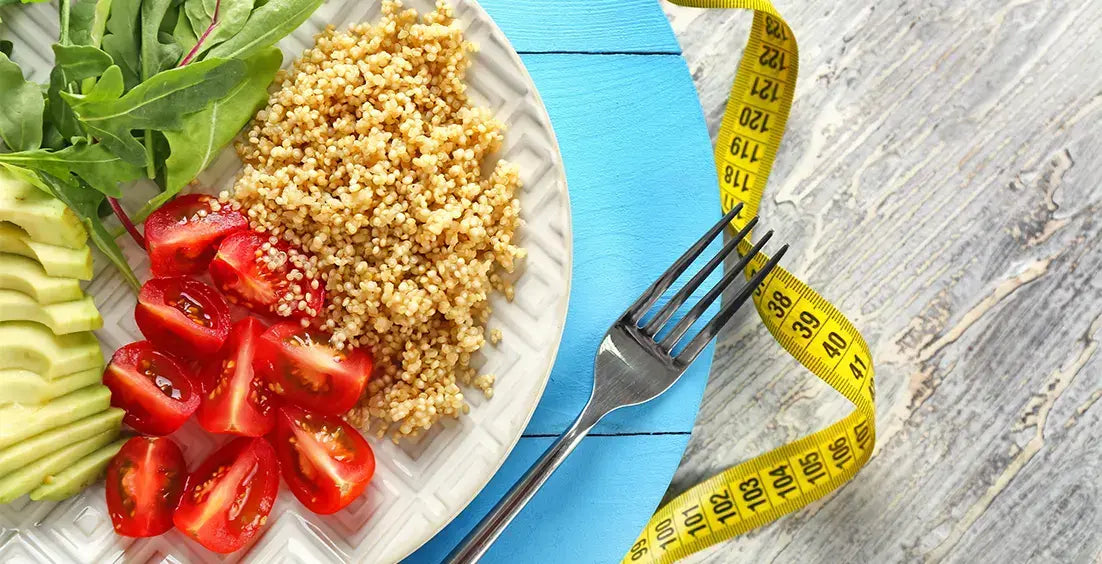Biotin
Help support your hair, skin and nails health with Biotin
Water soluble B vitamin that supports healthy hair, skin, and nails.
Biotin, also known as vitamin B7, is a water-soluble vitamin that plays a vital role in many bodily functions. It acts as a coenzyme, assisting enzymes that help break down carbohydrates, fats, and proteins into energy.
Explore more below.
FIND YOUR DAILY ROUTINE
More About Biotin
What Is Biotin?
Biotin (vitamin B7) is a B vitamin that acts as a double-edged sword: aiding energy production and strengthening hair, skin, and nails. It helps the body convert food into energy and also supports the production of keratin, a protein that forms the building blocks of these tissues. Biotin is found naturally in many foods, but supplements may be helpful for some people who want to support overall health and well-being, including maintaining healthy hair, skin, and nails.
Who Should Consume Biotin?
Biotin is an important nutrient for many, but some people may benefit more from consuming it through supplements or fortified foods. Here's a breakdown of who might consider increasing their biotin intake:
- Individuals with a Deficiency: While uncommon, biotin deficiency can occur due to certain medical conditions, pregnancy, or prolonged use of antibiotics. Symptoms can include hair loss, brittle nails, and skin problems. If you suspect a deficiency, consult your doctor for a diagnosis and personalized advice.
- People with Brittle Nails or Hair Loss: Biotin plays a role in keratin production, which strengthens hair and nails. While research is ongoing, some studies suggest biotin supplementation may improve these conditions in some individuals. Speak to your doctor to see if a biotin trial might be suitable for you.
- Pregnant and Lactating Women: Biotin needs increase slightly during pregnancy and breastfeeding. While a balanced diet usually covers this requirement, some women may choose to take a prenatal vitamin containing biotin for additional support.
- Those Who Don't Consume Enough Biotin-Rich Foods: Biotin is naturally found in various foods, including eggs, nuts, seeds, and some dairy products. However, people with limited dietary variety or following restrictive diets might benefit from supplementation.
It's important to note that biotin supplements are not a magic bullet. A healthy, balanced diet should be your primary source of biotin. If you're considering supplementation, discuss it with your doctor to determine the appropriate dosage and ensure it doesn't interfere with any medications you're taking.
Why Consume Biotin?
There are two main reasons to consider consuming biotin:
- Supporting Energy Metabolism: Biotin, as part of the B vitamin complex, acts as a coenzyme. Coenzymes are essential partners for enzymes, helping them break down carbohydrates, fats, and proteins into usable energy. This process fuels your body's various functions and supports healthy blood sugar levels.
- Promoting Healthy Hair, Skin, and Nails: Biotin contributes to the health of these tissues by aiding in the production of keratin. Keratin is a protein that forms a crucial structural component in hair, skin, and nails. Biotin may also play a role in cell growth through its involvement in gene expression and cell signaling, which are necessary for normal cell repair and maintenance throughout the body.
While a balanced diet typically provides enough biotin for most people, some individuals might benefit from increased intake. This could be due to a diagnosed deficiency, concerns about hair or nail health, or specific dietary needs. It's important to consult your doctor before starting biotin supplements to determine if they're right for you and discuss potential interactions with any medications you're taking.


 Skin Detoxification Bundle
Skin Detoxification Bundle Complete Weight Loss Bundle
Complete Weight Loss Bundle Heart Care Bundle
Heart Care Bundle Better Immunity Bundle
Better Immunity Bundle  Men's Immunity & Prostate Health Bundle
Men's Immunity & Prostate Health Bundle Stress + Energy + Wellness Combo
Stress + Energy + Wellness Combo  Energy Booster Combo
Energy Booster Combo Natural Skin Care Bundle
Natural Skin Care Bundle Workout Supplements Combo
Workout Supplements Combo Cognitive Health & Vision Combo
Cognitive Health & Vision Combo Joint Health Support Combo
Joint Health Support Combo















































